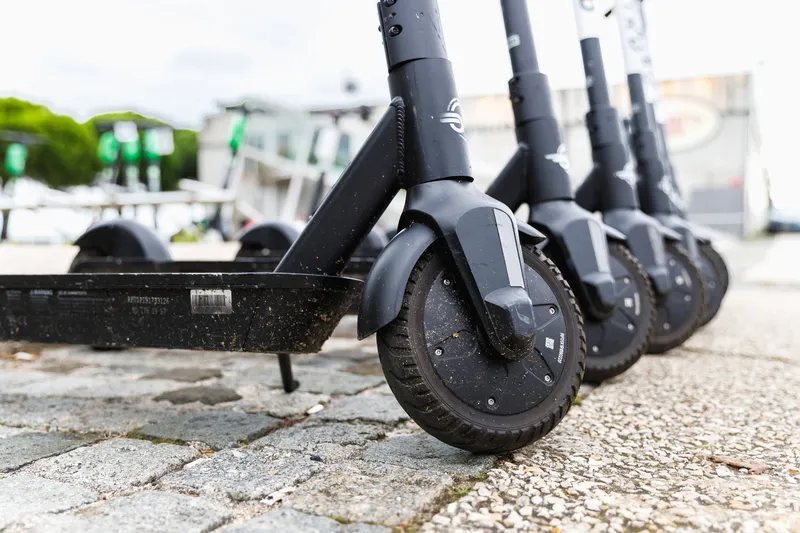The National Association of City Transportation Officials (NACTO) has partnered with five US cities to accelerate the implementation of high-quality bike and transit corridors by 2020.
This work is expected to help the cities of Atlanta, Boston, Denver, Minneapolis and Philadelphia meet or beat their near-term carbon reduction goals.
Corinne Kisner, executive director of NACTO, says: “By dedicating more space for high-quality bike and transit lanes, cities can increase access to low-carbon transportation options that are not only attractive, but also safe and reliable.”
NACTO says the corridors will be designed to attract riders, reduce reliance on single-occupancy vehicles and confront climate change.
Over the next 18 months, NACTO, the
The partners will build on NACTO’s accelerator model, which it claims helps cities build internal consensus for bike and transit projects.
As part of the agreement, NACTO will provide technical resources, convene workshops and create open channels of communication between the cities and its broader network of transit agencies across North America, who will share lessons from completing similar projects.
Jacob Frey, mayor of Minneapolis, says: “With NACTO’s help, we will build on past efforts to quickly implement and test bus lanes, which will fast-track improvements to the speed and reliability of a core mobility system.”










